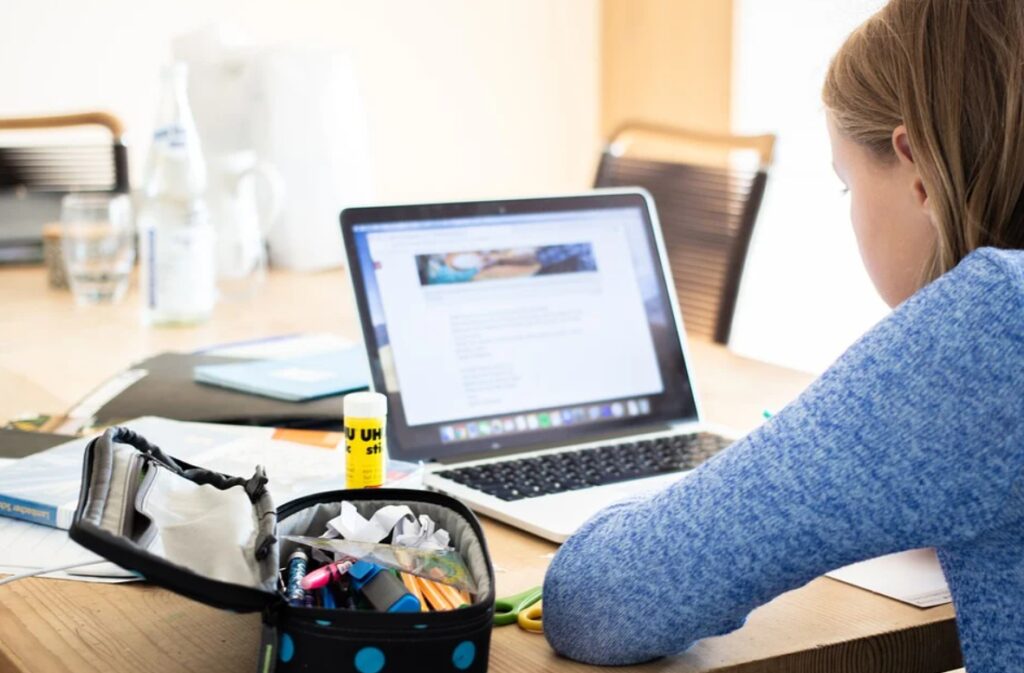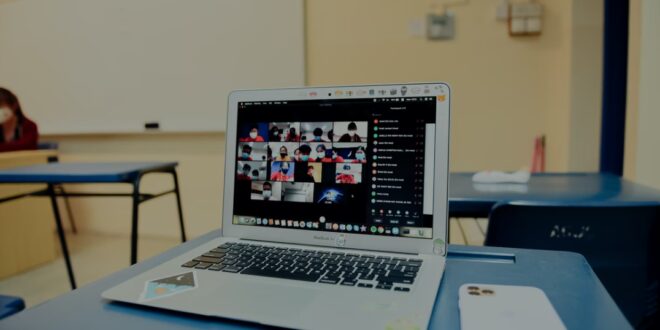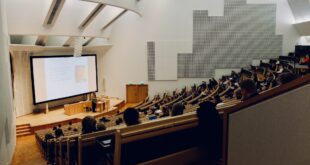These days, education is undergoing global transformations. Basically, the coronavirus pandemic has become a turning point, pushing us towards new changes.
Experts around the world say education will never be the same and we couldn’t agree more. Trends emerge faster than ever, and schools do their best to keep up with them. Thus, both teachers and learners develop their technological competencies as well as numerous soft skills.
Yes, many complain that they miss offline lessons and find it hard to learn without a teacher’s guidance. In fact, that’s why more and more students decide to place a write my paper order on WritePaper.com to ease the stress and tension.
Other problems include an overwhelming study load, difficulties when reaching groupmates and trouble concentrating. But on the flipside, the pandemic has also brought a lot of good. It gave a boost to already existing formats and some new approaches.
Artificial Intelligence Is Now a Part of Our Reality
Previously, teachers used to spend a lot of time on paperwork, from checking assignments to tracking attendance. Now, this is all done by AI-based tools. They evaluate student progress, analyze knowledge gaps, and provide suggestions on how to fill them. So, let’s take another look at what exactly the role of AI in learning is:
• Noticing the learners’ weaknesses and suggesting how to improve academic performance;
• Developing an individual program based on the student’s predispositions;
• Assisting in gathering learning materials.
Gamification as One of the Main Trends

Gamification is not something brand-new, but the coronavirus has definitely pushed it forward. Why? Our focus is incredibly short, so we need something to keep us all engaged and motivated. And this is what a game does.
Learning through play helps us understand things better for many reasons. First, when playing, we experience emotions, be it joy, enthusiasm, or impatience. And when information is tied to them, it is much easier to remember. Second, any game involves competition, which motivates us to work harder. And finally, students often play in groups, and the team spirit is what makes learning so much more interesting.
As a result, the material is memorized and numerous soft skills are developed.
More Flexible Schedule
One could hardly disagree that despite meeting with friends and teachers, offline studying has some cons. And that is spending plenty of time getting ready and commuting. All this takes away energy that can be devoted to something else, be it work, hobbies, or family gatherings. In addition, for many international students, distance learning means that they can stay in their home country, saving on plane tickets and other expenses.
So, these days, we can listen to a lecture while sitting in a park, prepare for a test at your grandmother’s cottage house, or read materials in the kitchen over a cup of tea.
Doesn’t that make life easier?
Improved Learning Management Systems

To solve any college-related issue, we go to a specific platform, namely a learning management system. Without this software, we wouldn’t be able to control our schedule, attend classes and stay in contact with teachers.
Submitting one’s homework, arranging a meeting, managing all assignments – the system allows us to do it all. It is convenient for both teachers and students, eliminating unnecessary paperwork and the need to visit a traditional classroom. But most importantly, it is a connecting link between everyone who participates in the educational process.
More Video Content
Many teachers recognize the value of pre-recorded video lessons in time. The duration of such lectures is usually 7-15 minutes, as this is the optimal time to keep the viewer’s focus.
Video content has a different form: it can be a lecture, animated lesson, or video infographic. The reason for such a variety is simple – it stimulates brain activity, therefore, making learning more effective.
As for students, many are happy with the opportunity to review the material at any time. This way, they can fill in the gaps and go back to what they want to revise.
Also, in the learning system, it is easy to track which of the students watched the lesson and how much time they spent on it. Thus, teachers can then draw conclusions about academic performance and students’ motivation.
Personalized Learning

In fact, this change is closely related to the others mentioned earlier. Why is it so important? Because now the courses are tailored to the students’ individual needs and characteristics. And that’s what productive learning is about.
So, what do we mean by personalized learning?
• Providing content in formats convenient for you (video, audio, texts, presentations);
• The convenient pace of classes that you choose yourself;
• Ability to add or replace units or modules;
• The course can be modified based on your feedback.
M-Learning Is Gaining Momentum
Perhaps it is easy to notice that if educational content is not adapted for all types of mobile devices, then it loses its attractiveness. That is why most EdTech projects adapt materials for mobile phones so that they are no less convenient than laptops.
Interestingly, there’s a special EdCrunch conference devoted to the latest innovations in this field. Thus, it’s been seven years since experts have started selecting the best ideas. Many are related to mobile apps that use VR/AR and interactive technologies, and gamification.
To Sum Up
When the world community first heard about the coronavirus, many thought education would stop being effective. Of course, COVID-19 has greatly transformed the way all schools work. They had to take security measures, use new e-learning tools and adjust the admission policies. Now, with the appearance of new platforms, more and more people will study remotely, without being tied to a specific place or schedule.
Do students want to continue learning? As statistics show, yes. Moreover, in view of the above, we came to a simple conclusion. Covid-19 doesn’t ruin education, on the contrary – it stimulates it to be more flexible and efficient.
 Imagup General Magazine 2024
Imagup General Magazine 2024



